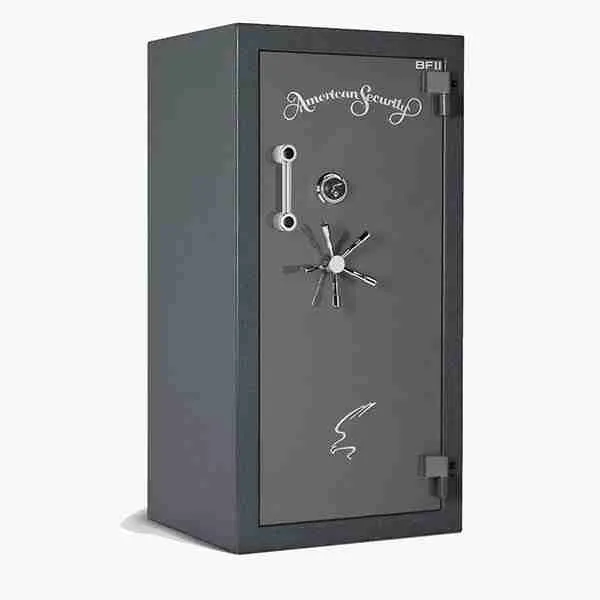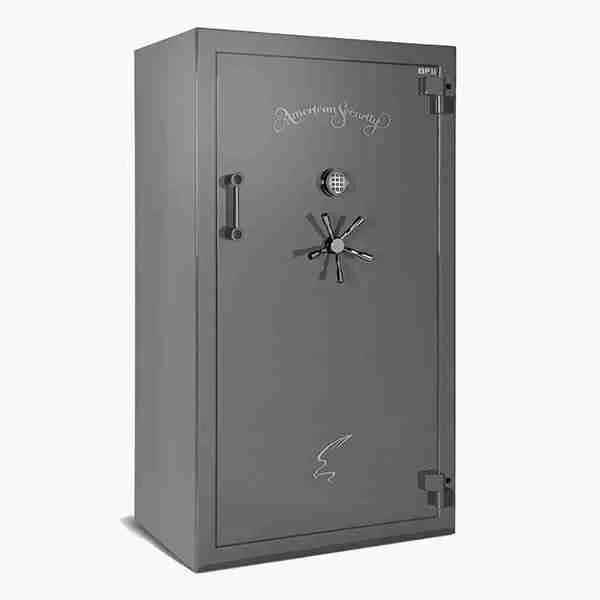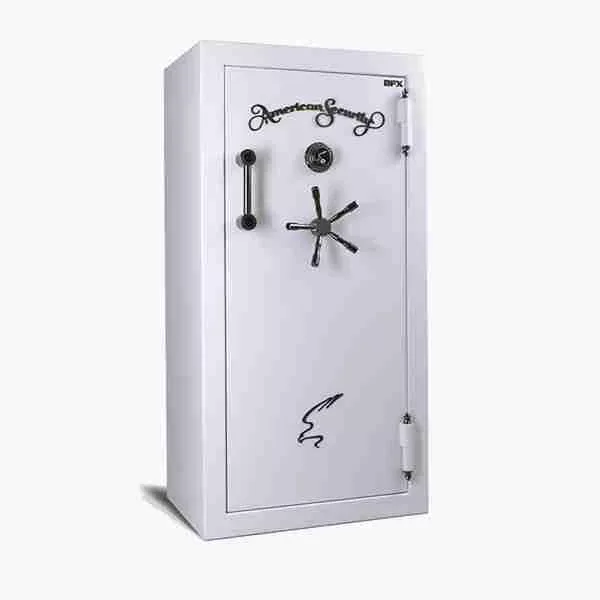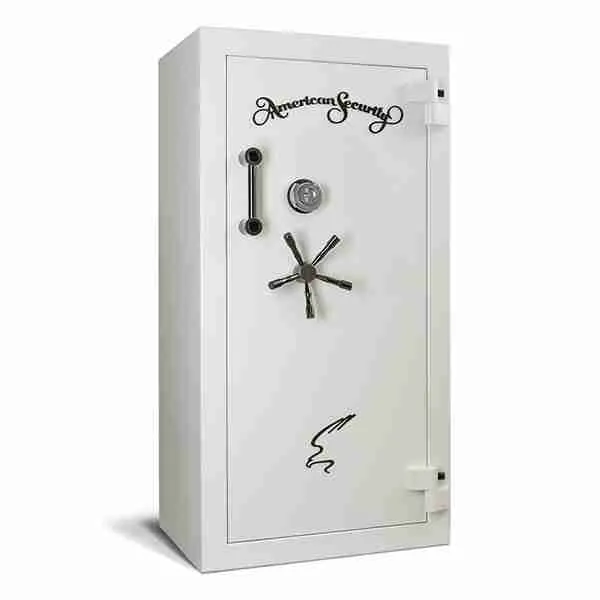Texas Firearms Regulation
Texas Firearms Penal Code Section 46.02 addresses the issue of possessing a prohibited weapon within the state. This statute aims to regulate and control the possession, manufacture, and transfer of certain dangerous weapons, thereby ensuring public safety. In this article, we will delve into the details of Texas Penal Code Section 46.02 and provide an overview of the law’s key provisions and implications.
Understanding Texas Penal Code: Weapons
This penal code outlines the various categories of prohibited weapons and the legal consequences associated with their possession. The statute defines prohibited weapons as items that are not typically used for lawful purposes, including but not limited to explosive devices, short-barreled firearms, knuckles, armor-piercing ammunition, and chemical dispensing devices.
- Possession Offenses: Section 46.02 prohibits individuals from knowingly possessing a prohibited weapon. This includes possessing, manufacturing, transporting, repairing, or selling such weapons. The law also covers the possession of a prohibited weapon in a vehicle, even if the weapon is concealed.
- Unlawful Carry: The statute explicitly prohibits carrying a prohibited weapon outside of a person’s premises, vehicle, or watercraft. However, there are exceptions for individuals with appropriate permits, such as peace officers, members of the military, and individuals engaged in certain lawful activities.
- Enhanced Penalties: Texas Penal Code Section 46.02 establishes penalties for violating the law. Possession of a prohibited weapon is generally considered a third-degree felony, which can result in imprisonment for up to 10 years and/or fines of up to $10,000. Repeat offenders or those with prior felony convictions may face enhanced penalties.
Implications and Legal Considerations:
- Lawful Exceptions: It is important to note that Texas Penal Code Section 46.02 provides certain exceptions and defenses for possession of prohibited weapons. These exceptions include individuals involved in historical reenactments, exhibitions, and bona fide antique collections, among others. Consulting an experienced criminal defense attorney can help individuals navigate these exceptions and understand their rights under the law.
- Constitutional Considerations: While Texas law regulates the possession of prohibited weapons, it is essential to understand how these regulations align with an individual’s constitutional rights. The Second Amendment of the United States Constitution guarantees the right to bear arms, and any restrictions on weapon possession should be examined through the lens of constitutional law.
Investing in a gun safe is of utmost importance for firearm owners like you or someone you know, as it ensures enhanced safety, theft prevention, legal compliance, protection from fire and natural disasters, and potential insurance benefits. A gun safe provides a secure environment, preventing unauthorized access and minimizing the risk of accidents. It acts as a strong deterrent against theft, safeguarding firearms and promoting community safety.
Moreover, adhering to storage and accessibility regulations demonstrates responsible firearm ownership, avoiding legal consequences. Gun safes also offer protection against fire and natural disasters, preserving firearms in emergencies. Additionally, owning a gun safe may lead to insurance benefits such as lower premiums or specialized coverage. By prioritizing the use of a gun safe, firearm owners can prioritize safety, security, and compliance while enjoying peace of mind.
Learn more about Texas’ Gun Laws.






